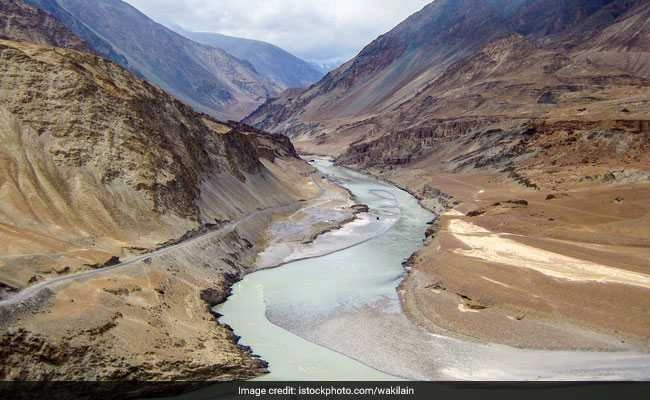The complex relationship between India and Pakistan is often marked by contentious issues, particularly concerning water resources and the management of the Indus River System. One of the significant aspects of this relationship is the Indus Waters Treaty, established in 1960, which delineates the water-sharing framework between the two nations. Recently, however, there has been increasing speculation that India might consider suspending this treaty as a strategic move against Pakistan, especially in light of recent flood data that remains largely undisclosed. The potential suspension of the treaty raises critical questions about water security, regional stability, and the geopolitical implications for both countries.
India’s concerns about water management and the perceived mismanagement of flood data by Pakistan have fueled this discourse. The recent floods in the region have highlighted vulnerabilities in infrastructure and disaster preparedness, which India may argue are exacerbated by Pakistan’s handling of water resources. By leveraging the treaty’s suspension, India could potentially exert pressure on Pakistan, aiming to address grievances related to water distribution and management practices. This tactic could serve as a form of geopolitical maneuvering, where water becomes a tool for negotiation and influence, impacting not only bilateral relations but also the livelihoods of millions dependent on these vital water resources.
Moreover, the construction of new dams along the Indus and its tributaries could further complicate matters. India has been investing in infrastructure projects that may alter water flow dynamics, raising alarms in Pakistan about potential water scarcity. The prospect of new dams, coupled with the possibility of treaty suspension, could lead to heightened tensions and exacerbate an already fraught relationship. This scenario underscores the importance of transparent communication and cooperation between the two nations to prevent conflicts over shared water resources. As both countries navigate this complex landscape, the role of diplomacy becomes crucial in mitigating the risks associated with water scarcity and ensuring sustainable management of the Indus River System.
In conclusion, the potential suspension of the Indus Waters Treaty by India, driven by concerns over flood data and water management, poses significant risks to regional stability. As both nations grapple with the implications of such actions, it is essential to prioritize dialogue and cooperation to address water-related challenges. The future of the Indus River System and the well-being of millions who depend on it hinge on the ability of India and Pakistan to find common ground amidst their longstanding disputes.




